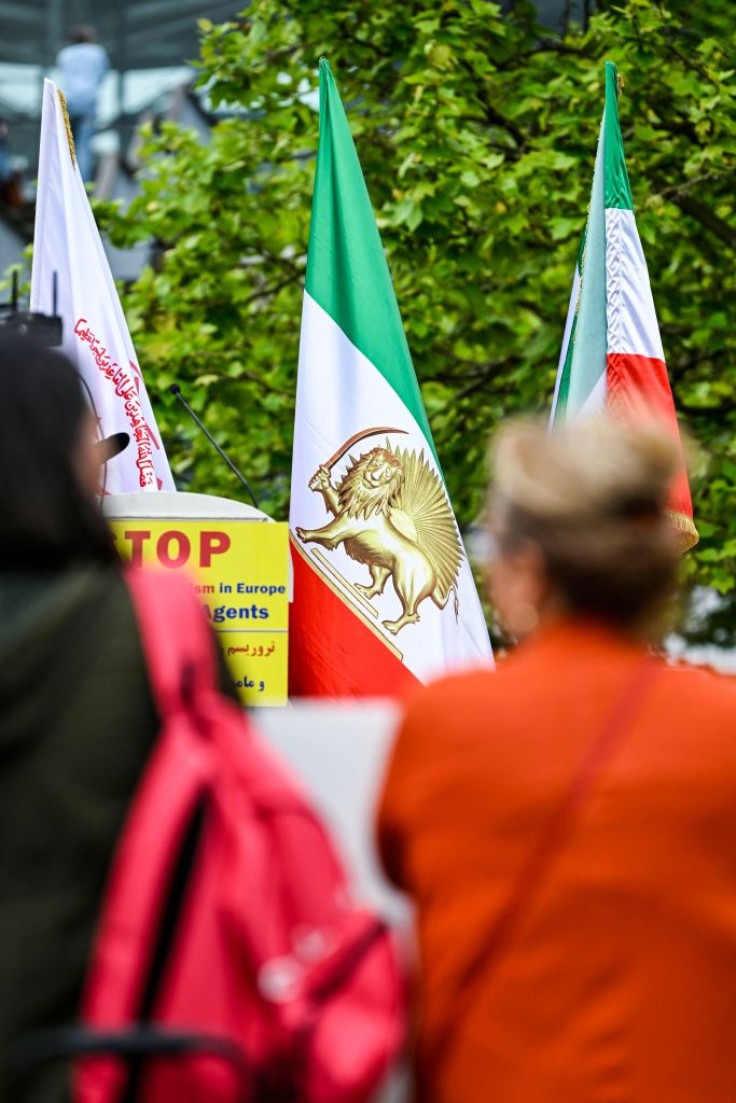
After halting crypto mining actions in 2021, Iran will be banning the said activity once more to ease the country's power supply tensions.
Iran's power industry will cut off 18 licensed crypto mining companies' electricity despite what it could help the country after the decades of international sanctions Iran is suffering.
Other countries are resistant to crypto regulations.
Iran Outlaws Crypto Mining Again to Aid Power Supply Crisis
The Iranian government is again prohibiting crypto mining activities in its country to lessen the tension on Iran's power supply. The country's government reportedly did the same back in 2021 after Bitcoin miners' computer hardware caused Iran's crippling energy infrastructures.
In an interview with their state TV, the spokesman of the country's power industry, Mostafa Rajabi Mashhadi, said that they would cut off the electricity to all 18 government-authorized mining operations in their country, as per a Bloomberg report.
Bitcoin has long been considered a way for countries to circumvent trade embargoes. Iran has been under sanctions by the US since 1979 after the diplomats in US Embassy in Tehran were held hostage by Iranian students. Such sanction has effectively banned the country from accessing the international financial system. Under the US sanctions, Iranian imports were blocked, and $12 Billion of their assets were frozen.
Iran officially recognized the crypto mining industry in 2019. In the same year, they also began giving licenses to miners, but Crypto miners' had to come to terms that they are required to pay higher electricity rates and sell their mined bitcoins to Iran's central bank.
Before the outlaws, the crypto mining industry was booming in Iran. In May 2022, the blockchain analytics firm Elliptic estimated that 4.5% of all Bitcoin mining took place in the country. However, according to the Cambridge Centre for Alternative Finance (CCAF), the ratio went down to 0.12% in January.
China Knows No Constraints
Other countries, like China, have shown resistance to government warnings. The crypto hash rate that measures computational power used by proof-of-work cryptocurrencies such as Bitcoin in the said country descended to zero between last July and August after the country's most drastic crackdown on crypto mining.
However, its crypto industry arose quickly in September, and China accounted for 30% of the world's crypto hash rate. In January, the country grew second to the United States after going nearly 40%, according to the Cambridge Centre of Alternative Finance.
The CCAF also thinks that underground mining might be happening in China. In a statement, CCAF shared that they analyzed that small-scale operations could be among the effective means underground miners utilize to operate behind controls and crypto trading bans.
Moreover, CCAF said that with China's hash rate, its miners could have secretly been performing by rerouting their data via proxy services. However, they might have become less wary about hiding their locations once the regulations are set.









